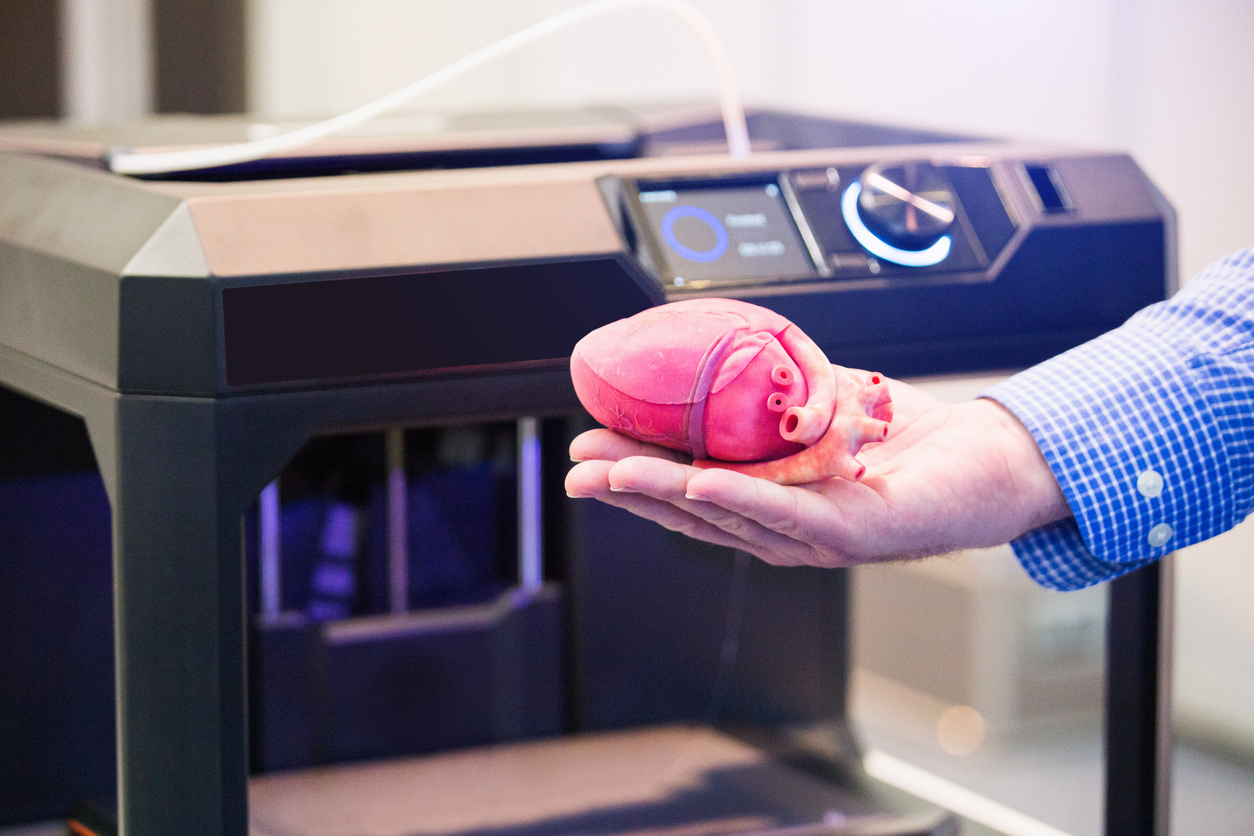
With about 42% of American adults being obese according to the Center for Disease Control and Prevention, it is no wonder that GLP-1 drugs like Ozempic and Wegovy have surged in popularity, with influential figures touting its ability to help shed significant weight in a short timeframe. Originally designed to combat diabetes, these medications raise a crucial question: are they destined to revolutionize the field and challenge the established role of bariatric surgery?
The Rise of GLP-1 Drugs
The most popular GLP-1 drugs, Ozempic and Wegovy, though made by the same company and containing the same active ingredient, semaglutide, serve distinct purposes. Ozempic, designed for type 2 diabetes, uses lower doses of semaglutide to regulate insulin and blood sugar. Wegovy, aimed at weight loss, employs higher doses. The key lies in their interaction with glucagon-like peptide-1 (GLP-1), a natural hormone promoting satiety and slowing digestion. By mimicking GLP-1, both medications achieve similar outcomes: Ozempic manages diabetes, while Wegovy promotes weight loss in individuals with obesity and related health concerns, mirroring the effects of bariatric surgery.
GLP-1 vs. Bariatric Surgery
The numbers paint an intriguing picture. A study published in the Obesity journal demonstrated that patients who took GLP-1 RA drugs achieved 15-20% weight loss, a range that was only previously attainable with bariatric surgery. However, it’s important to note that while impressive, this pales in comparison to gastric sleeve surgery’s average 30% loss of excess weight after 3 months and duodenal switch surgery’s 40%, highlighting a key limitation.
Despite this slightly smaller impact, GLP-1 drugs haven’t led to a decline in bariatric surgery. In fact, the number of surgeries in the United States slightly increased between 2021 and 2022. Although, the number of bariatric surgery patients who were subsequently prescribed a GLP-1 have tripled from 2021 to 2023. This suggests that, rather than a fierce competition, a more nuanced and potentially symbiotic relationship may be emerging.
Potential Benefits of GLP-1 Drugs
Perhaps, GLP-1 drugs could be treated as a post-surgical support system, helping patients maintain their hard-won weight loss and manage associated health issues like high blood pressure. In fact, studies have also shown that these drugs can also benefit patients who undergo hip arthroplasty with the drugs being associated with 44% lower odds of developing an infection inof a newly implanted hip joint.
This potential for synergy is further bolstered by a systemic review of 11 studies that was published in the Journal of the Endocrine Society, demonstrating that combining GLP-1 drugs with bariatric surgery or minimally invasive procedures resulted in “significant weight loss”, compared to either approach alone. This is because between 20% and 35% of patients who receive the most commonly performed bariatric surgery gain back most of the weight or fail to hit a certain target for body mass index.
Current Limitations
However, the question of long-term effectiveness of the drugs looms large. Additionally, their off-label use for weight loss raises ethical concerns about equity and access, potentially diverting resources from diabetes patients who rely on these medications. With the threat of becoming a vanity drug, the Food and Drug Administration has already started to crack down on illegally marketed or suspected counterfeit GLP-2 drugs being sold online.
Furthermore, not everyone enjoys a smooth ride with these drugs. Patients taking GLP-1 drugs for both F.D.A. approved diabetes medication and off-label weight loss use may experience nausea, dehydration, fatigue and malaise. Their bowel movements might also change, with some patients having diarrhea and others becoming severely constipated. These limitations necessitate further research to refine the drugs, optimize their use, and ensure they reach the right patients within an ethical framework.
Future Outlook
The future of this story promises further developments. Ozempic and Wegovy are currently designed to be injected in the patient’s thigh or arm once a week. Newer GLP-1 drugs, including oral versions, are on the horizon, potentially making them more accessible and convenient. Ongoing research will illuminate their long-term efficacy, safety, and cost-effectiveness compared to bariatric surgery, guiding treatment decisions with increasing precision.
Ultimately, the answer to the initial question may not be a simple “yes” or “no.” The GLP-1 revolution is unlikely to completely replace bariatric surgery. Instead, it has the potential to become a transformative partner, offering a spectrum of options within a broader, personalized approach to weight management.
References:
https://www.nytimes.com/2022/11/22/well/ozempic-diabetes-weight-loss.html
https://edition.cnn.com/2024/02/03/health/weight-loss-drugs-wellness/index.html
https://bariatricsurgeryco.org/weight-loss/is-ozempic-as-effective-as-bariatric-surgery/



